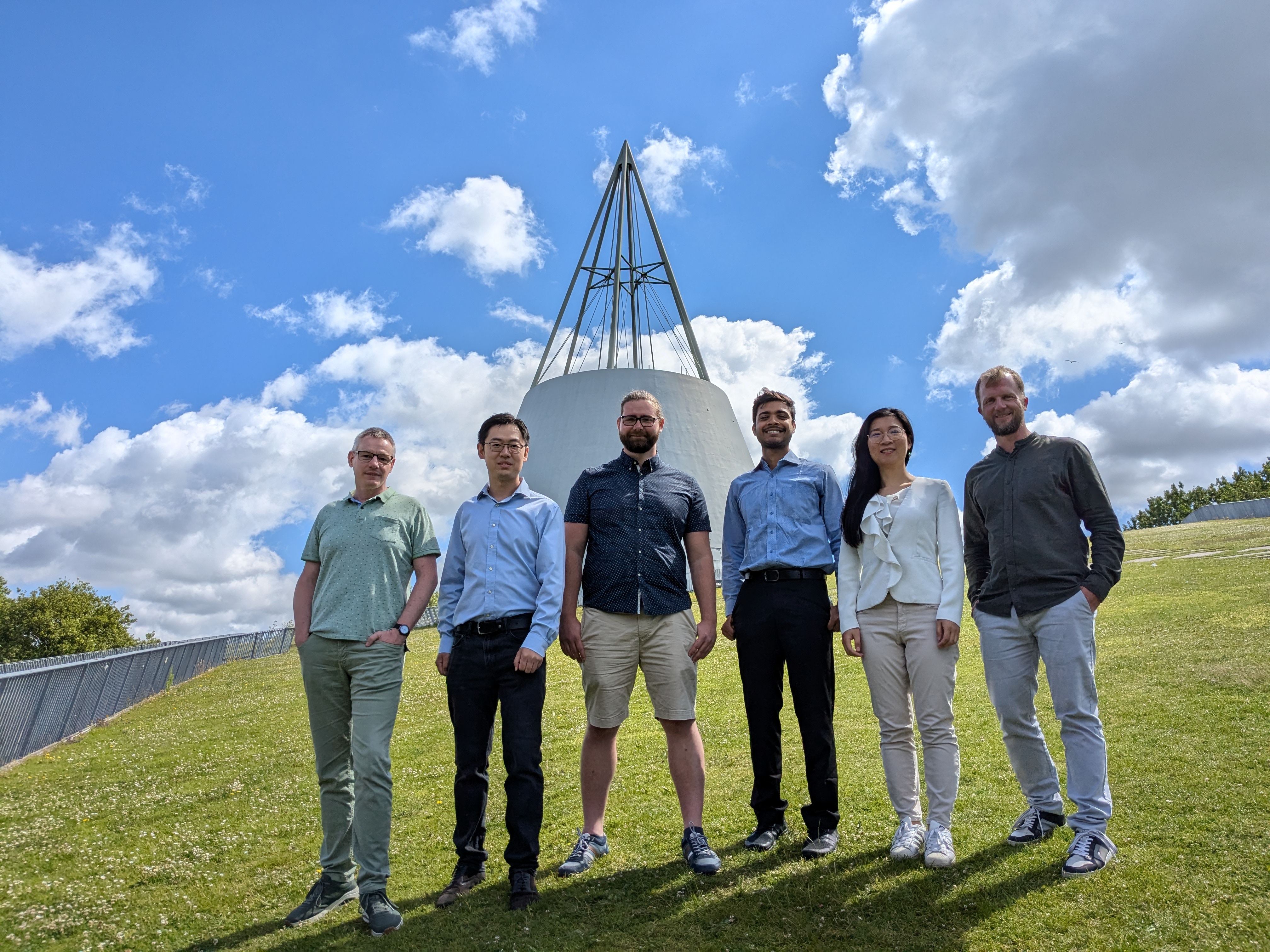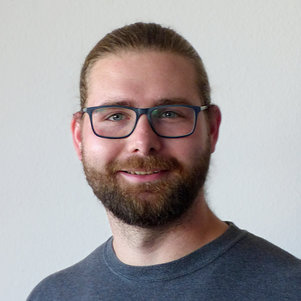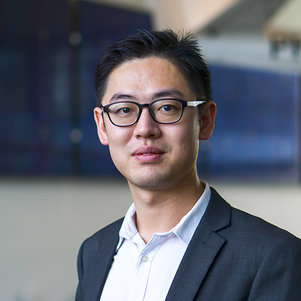TU Delft team winner in Airbus-BMW Quantum Computing Challenge
The QAIMS team at TU Delft have won the Golden Application prize ‘pushing the boundaries of quantum tech for mobility’ in the prestigious Airbus-BMW Global Quantum Computing Challenge. Arne Wulff, PhD researcher and main contributor to this challenge: “We’re grateful and proud to receive this prize. It’s a fantastic recognition of the potential of applying quantum computing to the design of composite materials.” Team leader Boyang Chen, Associate Professor from the Department of Aerospace Structures and Materials, accepted the award on behalf of the team in Silicon Valley today. Chen: “In two years of research we have come up with a brand new methodology that we’ve demonstrated to be highly competitive at the industrial scale, and with marketable software that companies could start using today to make better lightweight composite materials.”
Quantum computing and the Stacking Sequence Retrieval riddle
The QAIMS team for this challenge consists of researchers Arne Wulff, Swapan Madabhushi Venkata, Boyang Chen, and Yinglu Tang from the Faculty of Aerospace Engineering, Matthias Möller from the Faculty of Electrical Engineering, Mathematics and Computer Science (EEMCS), and Sebastian Feld from the Faculty of EEMCS and QuTech. Most of the credits go to Arne Wulff, followed by Swapan Madabhushi Venkata, fellow PhD candidate in the same group who provided valuable support on data generation and benchmarking. The QAIMS team is the first in the world to apply quantum computing to solve an old riddle in the design of fibre-reinforced composite materials: how to determine the optimal sequence of angles at which the material’s layers are stacked. These fibre-reinforced composite laminates are strong and lightweight materials that can be used for all kinds of load-bearing structures such as aircraft fuselages and wings, and car chassis. The lighter weight of these composites can help reduce fuel consumption and emissions of cars or aircraft.
From fundamental research to marketable software
The team competed in the competition with a self-contained software package they developed as part of their research. Chen: “When we pioneered this research just two years ago, we viewed it to be more at the fundamental level, where its application at the industrial scale would normally come after additional phases of more applied research. Now, after only two years we have already established a ground-breaking methodology that is demonstrated to be highly competitive at the industrial scale, and have developed marketable software that companies could start using today to make better lightweight composite materials.” The software is ideal for manufacturing companies with established design processes in place for determining fibre stacking sequences, for which they use current software or past experience. The quantum computing software helps them determine the optimal sequence faster and better. The software was created open source and is available to all who want to use it. But says Chen: “There are lots of opportunities for start-ups to use our software and integrate it into a unique structural design tool that is highly commercially viable.”
The Airbus-BMW Quantum Computing Challenge
This is a competition for industry and university participant teams that focuses on quantum technologies for industrial applications and mobility. The QAIMS team participated as the only university finalist in the category Golden Application (Pushing the boundaries of quantum tech for mobility).






